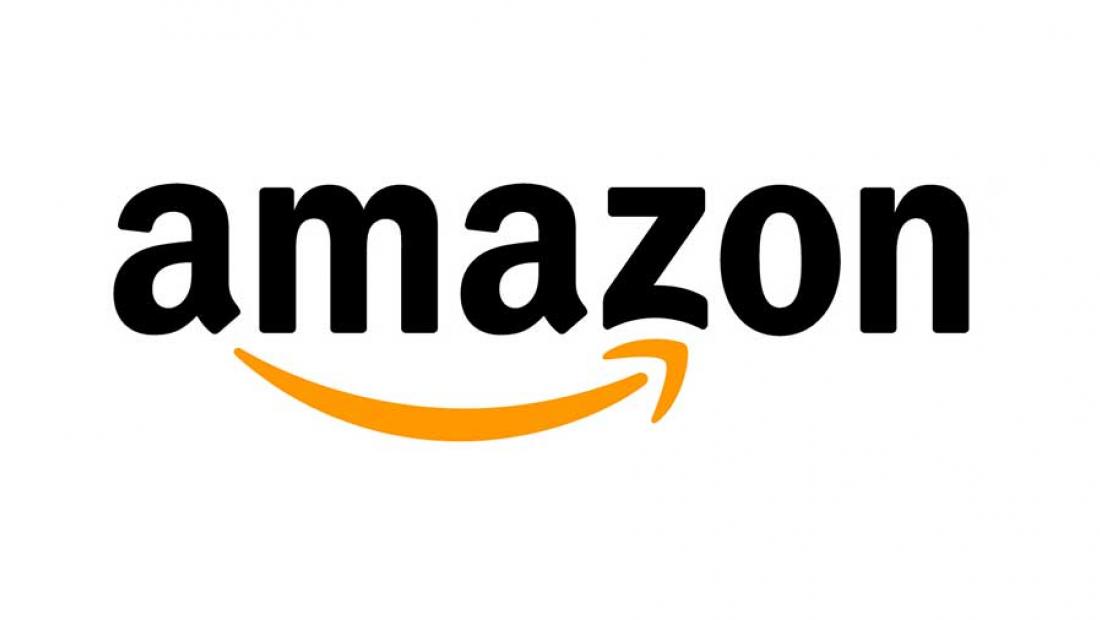DOJ Charges Poster Peddlers With Algorithmic Collusion on Amazon Marketplace

The smarter way to stay on top of broadcasting and cable industry. Sign up below
You are now subscribed
Your newsletter sign-up was successful
The Department of Justice has charged two executives of a poster company with conspiring to fix the prices of their posters, using search algorithms to do so.
Antitrust chief Makan Delrahim let the algorithmic cat out of the bag in a speech Wednesday (Nov. 7) to the Federal Institute of Telecommunications Conference in Mexico City on enforcing antitrust in the digital age.
Delrahim had signaled in a Senate hearing last month that DOJ was wrapping up a first-ever criminal case against the anticompetitive use of search algorithms in a "price-fixing scheme." He called it a "fun" case.
He said algorithms, even ones setting prices, aren't inherently anticompetitive. It was the conspiracy among two competitors to fix the price that drew the censure.
He said that the conspiracy on Amazon Marketplace involved an agreement between the poster sellers to use algorithms to fix the prices. One conspirator allegedly programmed the algorithm to search for the lowest price offered by a "non-conspiring" competitor and set a price for their poster just below that—generally the lower price appears first in Amazon Marketplace, said Delrahim, who conceded that retailers know that and often use algorithms to price their products "accordingly."
Where the conspiracy came in was the agreement with another poster seller, who programmed his algorithm to match that slightly lower price. "That let the conspirators’ products appear near the top of the search query without having to compete with each other," he said. "Although they programmed their algorithms differently, the conspirators used algorithms to fix prices and avoid competition."
Thanks to the digital age, such price fixing could be essentially self-executing he pointed out, which makes the conduct harder to identify.
The smarter way to stay on top of broadcasting and cable industry. Sign up below
"While algorithms can be used to facilitate price fixing, it is important to keep in mind that they are not inherently anticompetitive. Indeed, algorithms are an important part of the digital economy and can account for great efficiencies that benefit consumers," he said. "We continue to study the implications that algorithms have for competition policy, and will enforce vigorously the antitrust laws against any illegal agreement."
Contributing editor John Eggerton has been an editor and/or writer on media regulation, legislation and policy for over four decades, including covering the FCC, FTC, Congress, the major media trade associations, and the federal courts. In addition to Multichannel News and Broadcasting + Cable, his work has appeared in Radio World, TV Technology, TV Fax, This Week in Consumer Electronics, Variety and the Encyclopedia Britannica.

